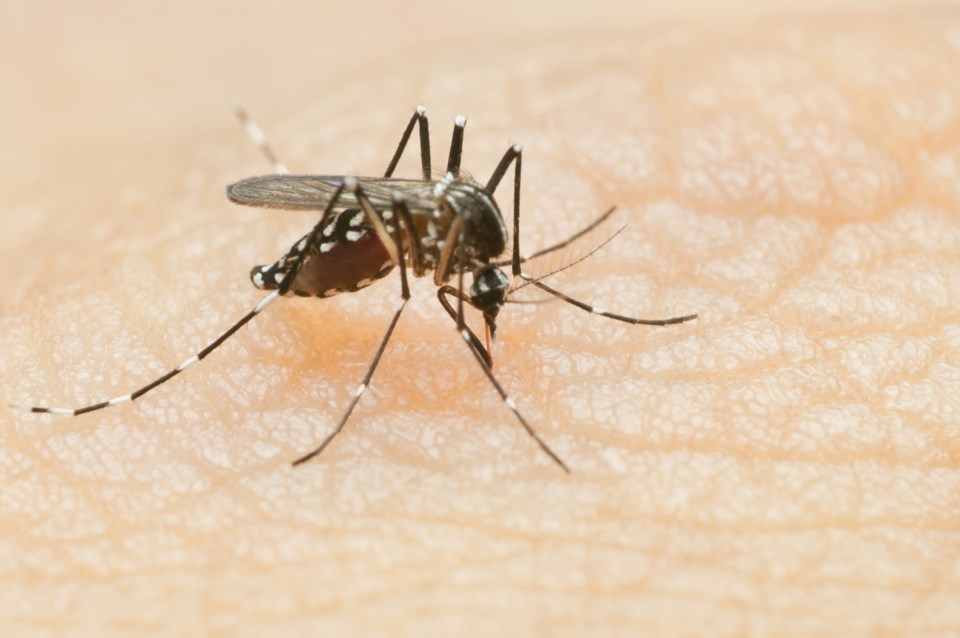West Nile Virus, Lyme Disease, and Rabies are all illnesses Albertans can contract from insect or animal bites. As outdoor activity peaks during the summer, Alberta Health Services (AHS) is urging residents to take simple but important precautions to reduce their risk.
Protect Yourself from Mosquitoes and Ticks
Whether you're hiking, camping, or gardening, AHS recommends the following:
- Cover up: Wear light-coloured, long-sleeved shirts, long pants, and a hat—especially when in wooded or grassy areas.
- Use insect repellent: Choose a Health Canada-approved product containing DEET or Icaridin, and always follow label directions.
- Check for ticks: After spending time outdoors, inspect yourself, your children, and your pets thoroughly for ticks.
For more information, visit the Health Canada Personal Insect Repellents page.
Rabies: Know the Risks
Rabies is a potentially fatal virus that affects the nervous system. In Alberta, bats are a known carrier. Keeping pets up to date on rabies vaccinations is essential for prevention.
To reduce your risk:
- Never handle a bat, alive or dead, with bare hands. Bats may bite when threatened.
- Talk to children about avoiding wild animals. Children are more likely to approach them out of curiosity.
- If bitten or scratched, wash the area thoroughly with soap and water.
Call Health Link at 811 for guidance on any bites or scratches.
You can also help public health efforts by submitting a photo of any tick you find to the Submit-a-Tick program to assist in tracking and identifying ticks across Alberta.



